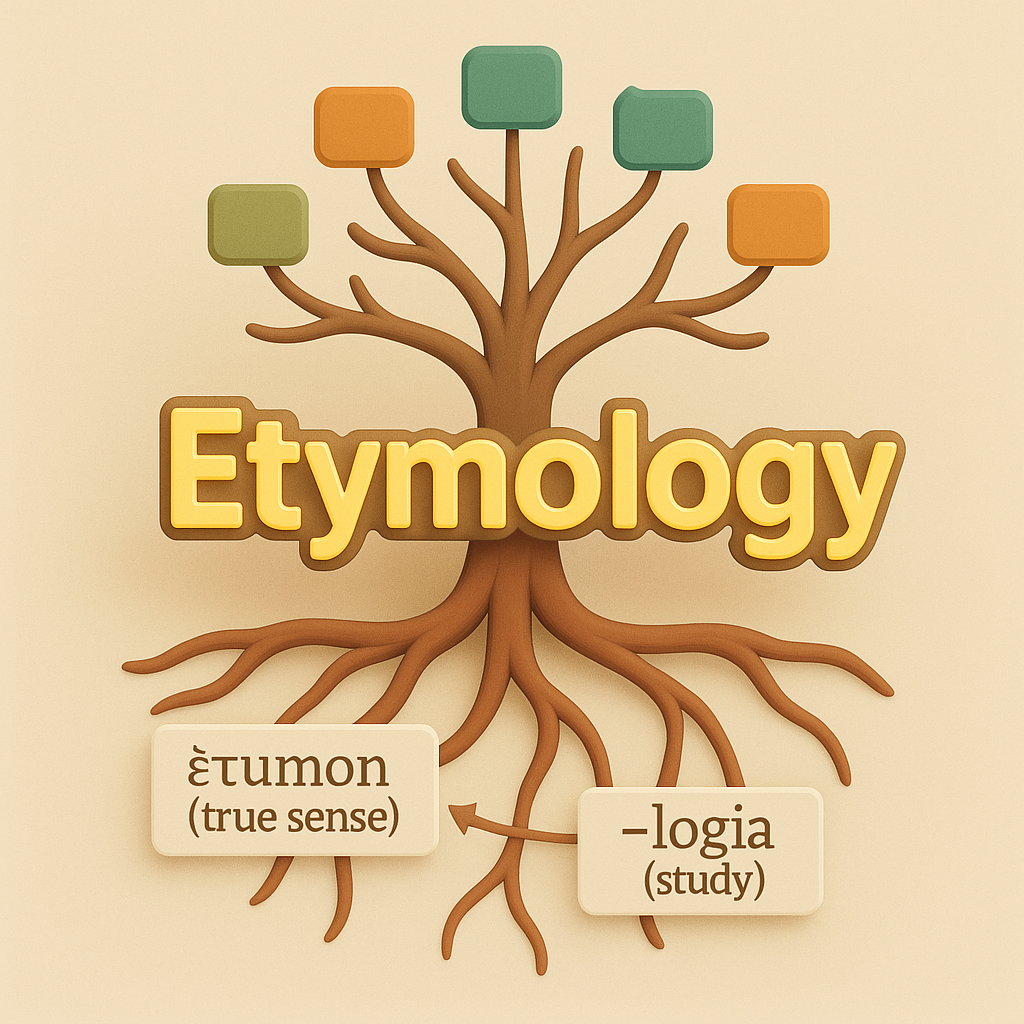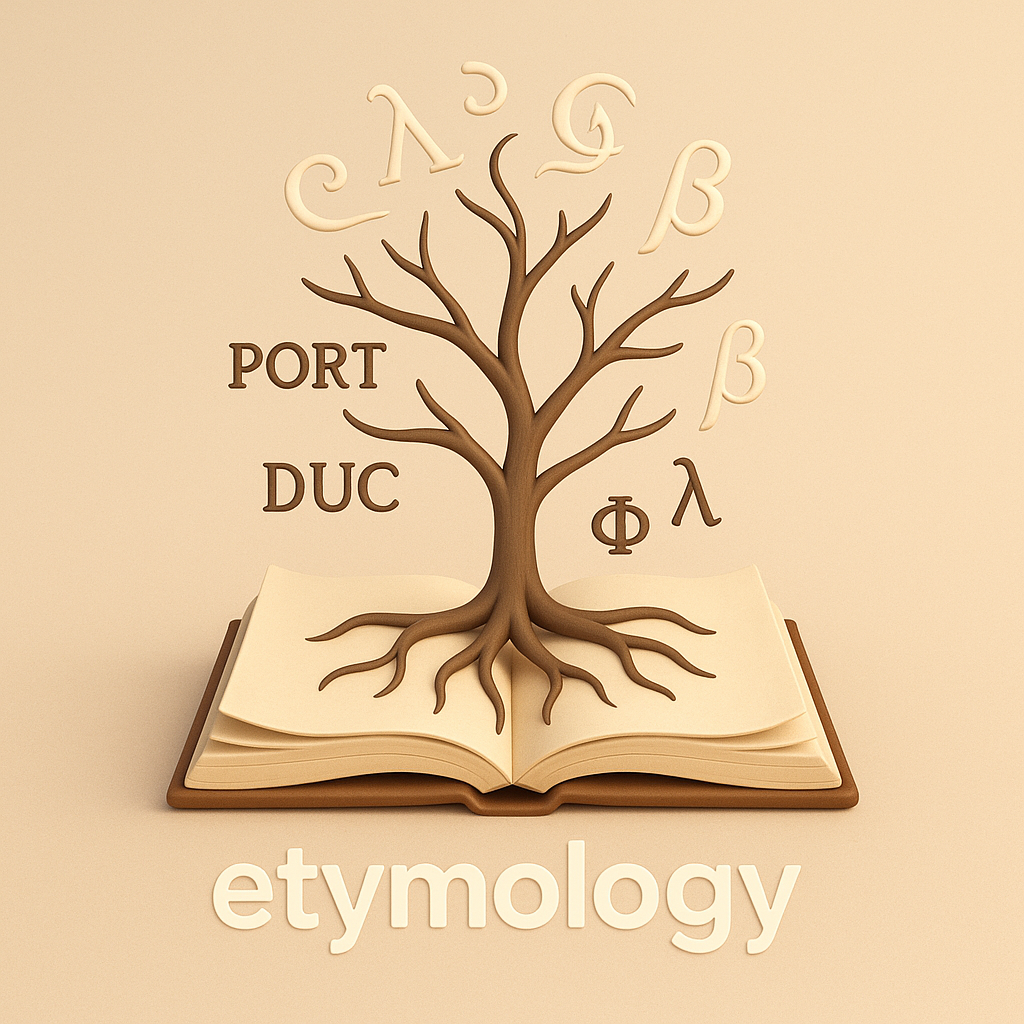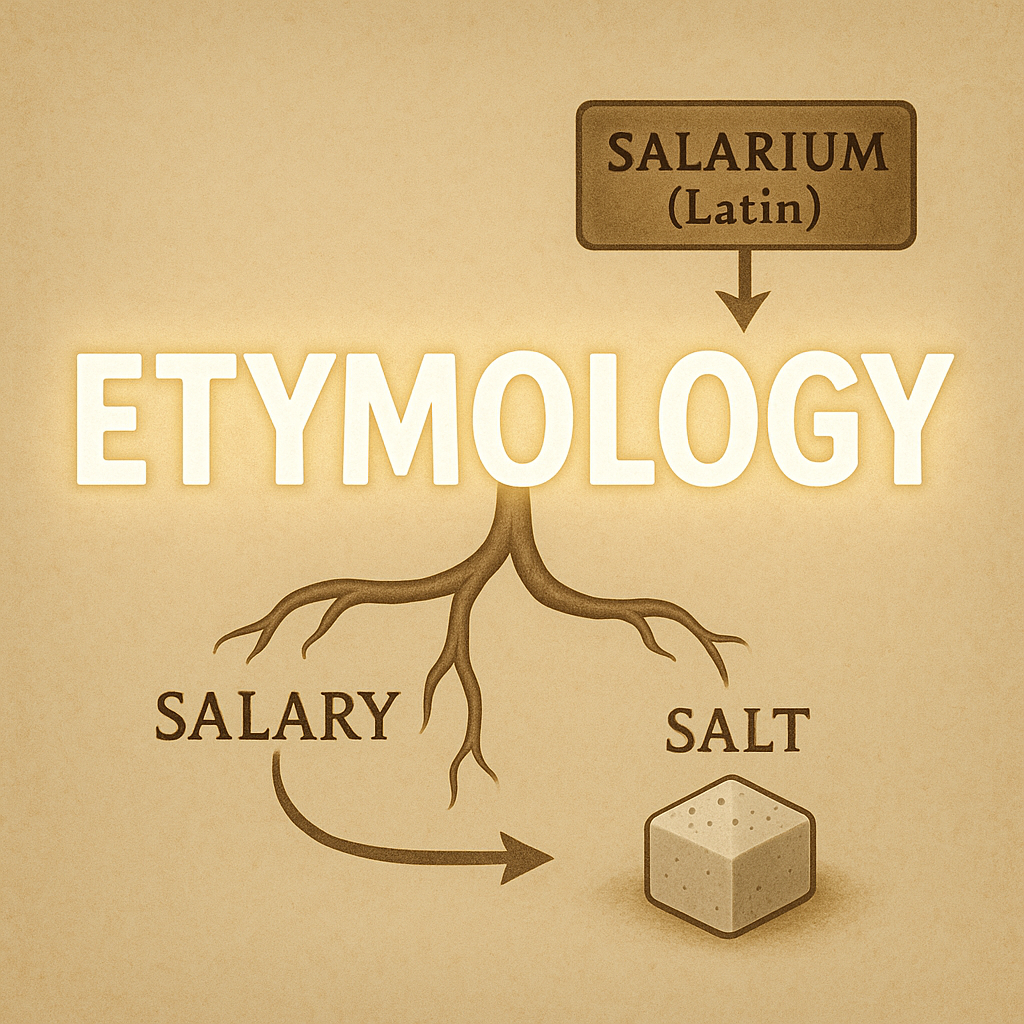Etymology
Definition
The noun "etymology" refers to (1) the study of the origin and historical development of words; and (2) an account of a word’s origin and how its form and meaning have evolved over time.
Parts of Speech
- Noun
Pronunciation
American English
- IPA: /ˌɛt̬ɪˈmɑːlədʒi/
- Respelling: et-ih-MOL-uh-jee
British English
- IPA: /ˌetɪˈmɒlədʒi/
- Respelling: et-ih-MOL-uh-jee
Etymology
From Greek etumología “study of the true sense of words,” from étumon “true sense, original meaning” + -logia “study of.” Entered English in the late 16th century.
Derivatives
- Etymologist (noun)
- Etymological (adjective)
- Etymologically (adverb)
Synonyms
- Philology
- Word origin study
- Historical linguistics
Antonyms
- Neology (study of new words)
Usage
"Etymology" appears in linguistics, lexicography, and academic contexts. Examples: "She wrote a paper on the etymology of ‘quarantine’," and "The dictionary’s preface includes an etymology section."
Related Terms
- Philology: The study of language in written historical sources.
- Morphology: The study of word forms and structure.
- Lexicon: The vocabulary of a language.
- Semantics: The study of meaning in language.
Detailed Definitions
Noun
- The study of word origins and historical change: An academic discipline exploring how words develop.
- Example: "He majored in etymology to trace the history of English vocabulary."
- An account of a specific word’s origin and evolution: A description of a word’s lineage.
- Example: "The etymology of ‘salary’ traces back to Latin salarium, a payment for salt."
etymology



🇨🇳 Mandarin
- 词源 (cí yuán) - word origin, etymology
- IPA: /tsʰz̩˧˥ ɥɛn˧˥/
- Respelling: TSI yuan
🇮🇳 Hindi
- शब्द-उत्पत्ति (śabd-utpatti) - word origin, etymology
- IPA: /ʃəbd ʊtpətti/
- Respelling: SHABD ut-pat-ti
🇪🇸 Spanish
- etimología - etymology
- IPA: /etimoˈloxia/
- Respelling: eh-tee-mo-LO-hee-a
🇫🇷 French
- étymologie - etymology
- IPA: /etimɔlɔʒi/
- Respelling: eh-tee-mo-LO-zhee
🇸🇦 Modern Standard Arabic
- علم الإشتقاق (ilm al-ishtiqāq) - science of derivation, etymology
- IPA: /ʕilm al ʔiʃ.ti.qaːq/
- Respelling: 'ilm al-ish-ti-QAAQ
🇧🇩 Bengali
- শব্দ-উৎপত্তি (śôbd-utpotti) - word origin, etymology
- IPA: /ʃɔbd utpoti/
- Respelling: SHOBOD ut-po-tti
🇷🇺 Russian
- этимология (etimologiya) - etymology
- IPA: /ɛtʲɪmɐˈlogʲɪjə/
- Respelling: eh-tee-mo-LO-gee-ya
🇵🇹 Portuguese
- etimologia - etymology
- IPA: /etimɔˈloʒi.ɐ/
- Respelling: eh-tee-mo-LO-zhee-uh
🇮🇩 Indonesian
- etimologi - etymology
- IPA: /etimologi/
- Respelling: eh-tee-mo-LO-gee
🇩🇪 German
- Etymologie - etymology
- IPA: /etymoˈloːgiː/
- Respelling: eh-tee-mo-LOH-gee
🇯🇵 Japanese
- 語源 (gogen) - word origin, etymology
- IPA: /ɡoɡeɴ/
- Respelling: GO-gen
🇻🇳 Vietnamese
- nguồn gốc từ - word origin, etymology
- IPA: /ŋʷən˧˥ ɣok˧˥ tu˧˥/
- Respelling: NGUON GOK TOO
🇰🇷 Korean
- 어원 (eowon) - word origin, etymology
- IPA: /ʌwon/
- Respelling: UH-won
🇹🇷 Turkish
- etimoloji - etymology
- IPA: /etimoˈlodʒi/
- Respelling: eh-tee-mo-LO-jee
🇵🇰 Urdu
- لغتیات (lughatiyat) - etymology
- IPA: /lʊɣətijɑːt/
- Respelling: lug-ha-TEE-yaat





